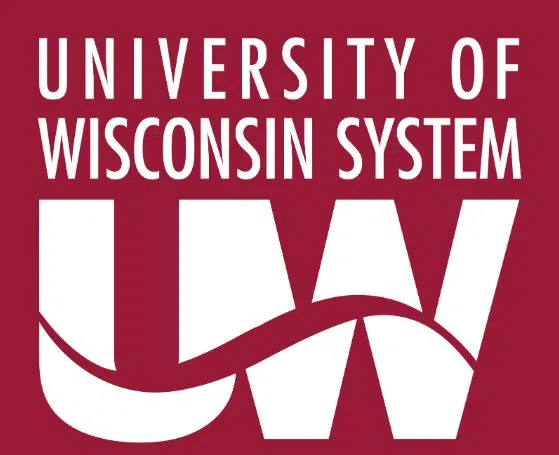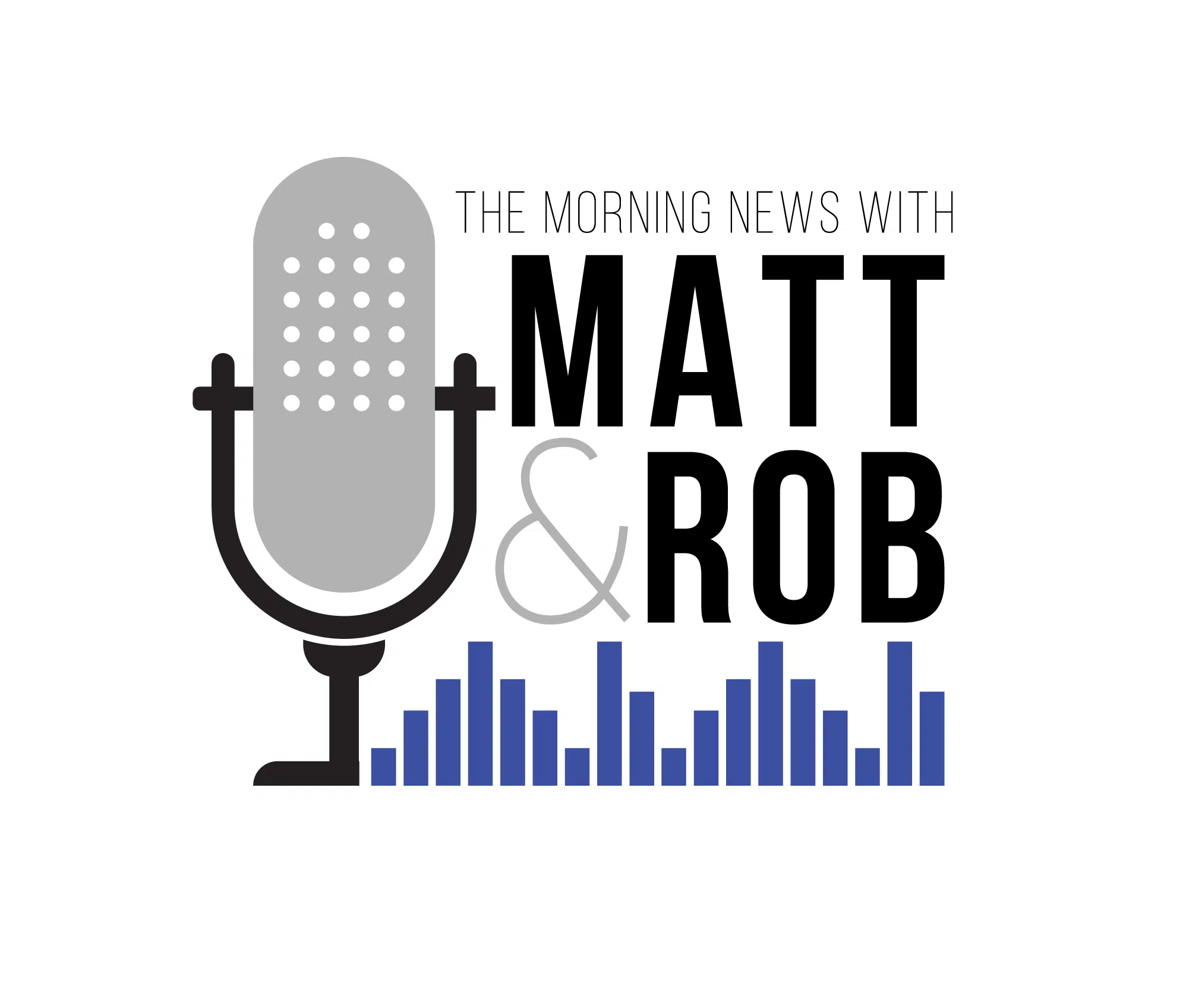MADISON, WI (WTAQ-WLUK) – Newly released audits show the financial hardship facing the Universities of Wisconsin.
“I’m confident all our universities can get there,” said Jay Rothman, the President of the Universities of Wisconsin. “The question is what is the depth of those cuts going to have to be.”
In our area, the challenges appear to be more steep for UW-Oshkosh compared to UW-Green Bay.
“I think it was a pretty fair assessment of our financial situation, our academic situation,” said UW-Oshkosh Chancellor Andrew Leavitt.
The Universities of Wisconsin ordered third-party audits from Deliotte as it tries to eliminate any structural deficits at its schools by 2028.
The audits call for significant changes or the existence of some universities could be at risk, including in Oshkosh.
“The current state review of financial health, enrollment trends, and operations aligns with the understanding of UW-Oshkosh’s leadership – that without significant and immediate change, including the Institutional Realignment Plan (IRP), the future of the institution is at risk,” the audit for Oshkosh reads.
With already eliminating 250 positions, or 17% of its workforce, it is no secret UW-Oshkosh has problems financially. The new audit shows more needs to be done.
“What we’re working on is to stabilize enrollment, which we will,” said Leavitt. “We’re not interested in just being a giant institution. What we’re interested in is providing the best possible experience for the 8,000 or so undergraduate students that we currently have at the institution.”
Enrollment of full-time equivalent undergraduate students has declined 31.9% over the last 12 years, according to the audit.
The staffing cuts announced this past fall brought an $18 million budget deficit down to $3 million, according to UW-Oshkosh. A faculty referendum in the next few weeks to pick a new academic structure is expected to balance the budget short term.
“It’s going to be something that high school students will be able to look at and they’ll be able to identify with much more strongly than what we have been doing traditionally,” said Leavitt.
Without the staffing changes, the audit pegged UW-Oshkosh to be $84.3 million in the hole for its tuition fund balance, or reserves, in financial year 2028. With the staffing changes, there is still a $12.3 million deficit projected for ‘28.
For UW-Green Bay, which says it currently has a balanced budget, the audit projects a $6.5 million deficit in its reserve fund by the end of the ’28 financial year. However, the university is projecting the fund will have $8.8 million dollars.
Chancellor Michael Alexander says the auditor based its projection off the ’23 financial year when the school purposely drew down its reserves to support several years of growth.
“What Deloitte did was they just took that one year and straight lined as if we were going to lose that amount of money every year,” said Alexander. “If you had taken that same report any other year of the last six years, it would show a line that goes like this (motions up).”
Bucking the trend of most other state universities, UW-Green Bay’s full-time equivalent student count has gone up by 11% over the last five years.
Chancellor Alexander says diversifying enrollment growth has set the school up to maintain a balanced budget.
“Our continuing education program continues to grow every year, over 67,000 people that we teach through there,” said Alexander. “Our dual enrollment continues to grow. Our graduate studies continues to grow.”
Moves already made to cut costs: UW-Green Bay is greatly reducing its operations at its Marinette campus and UW-Oshkosh is closing its Fond du Lac campus. As for possibly closing a main university campus, don’t expect that to happen, according to Rothman.
“I think all 13 of our universities are essential to our state and I don’t anticipate even thinking about moving toward closure to any of those 13 universities,” said Rothman.
Rothman says increased support from the legislature would go a long way. He says the state currently ranks 42nd for public funding for higher education.






Comments